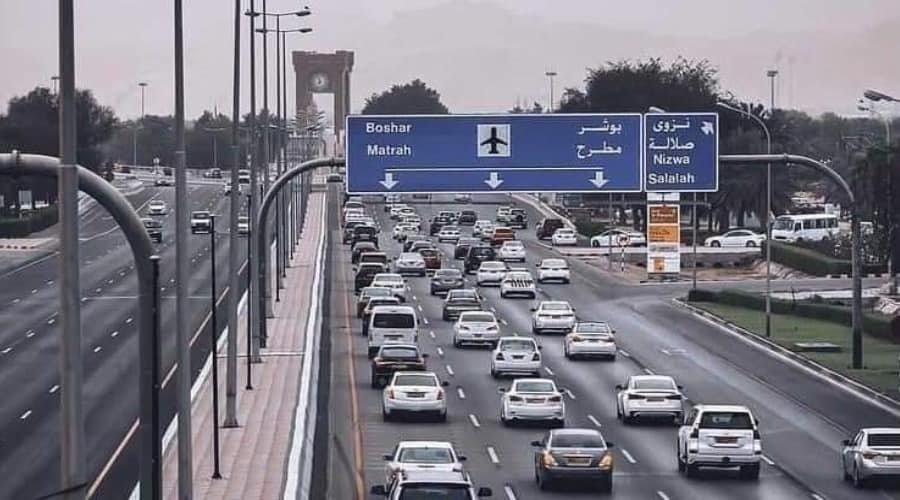MUSCAT: Recent data from the GCC Statistical Centre highlights a notable shift in the regional economic landscape, with non-oil activities now comprising 70.6% of the Gulf Cooperation Council’s gross domestic product at constant prices by the conclusion of the fourth quarter of 2024. This substantial proportion reflects a broader commitment across GCC member states to diversify their economies away from traditional hydrocarbon dependence, adopting strategic plans rooted in innovation, tourism, logistics, manufacturing, and financial services. The increasing role of these sectors has helped buffer the region against volatile energy prices while creating more stable and sustainable growth pathways that can support long-term national visions.
Investment in infrastructure, technological advancement, and human capital has played a defining role in driving this transformation. Governments across the region have prioritised the development of transport networks, industrial cities, and free zones, attracting both domestic and international investors. These efforts have helped develop vibrant private-sector ecosystems that reduce reliance on oil revenue and foster entrepreneurship and job creation for the growing youth population. Education reforms and workforce training initiatives have been integral to producing the skilled labour needed for sectors such as information technology, renewable energy, mining, and advanced manufacturing.
The statistics also indicate that oil-related activities now account for only 29.4% of the GCC’s GDP, underscoring a strategic recalibration in fiscal policy and resource allocation. While oil remains a cornerstone of regional wealth and continues to finance ambitious public projects, its declining share underscores how non-oil growth engines are achieving greater prominence. By broadening their economic bases, GCC countries are better positioned to weather global market fluctuations while maintaining robust development agendas. Economic diversification has also encouraged stronger diversification of government revenue streams, lowering exposure to shocks in the global oil market.
This rebalancing signifies not just a numerical change but a profound structural evolution poised to reshape the region’s future trajectory. As non-oil sectors continue to expand, they bring with them opportunities in innovation, research, and sustainable development practices designed to support long-term prosperity. Cultural tourism, green energy initiatives, digital transformation programmes, and financial market reforms all converge to make the GCC a globally competitive hub beyond hydrocarbons. The shift signals a commitment to modern economic resilience and an ambition to lead on global issues while providing prosperity and opportunity for citizens and residents across the Gulf.



